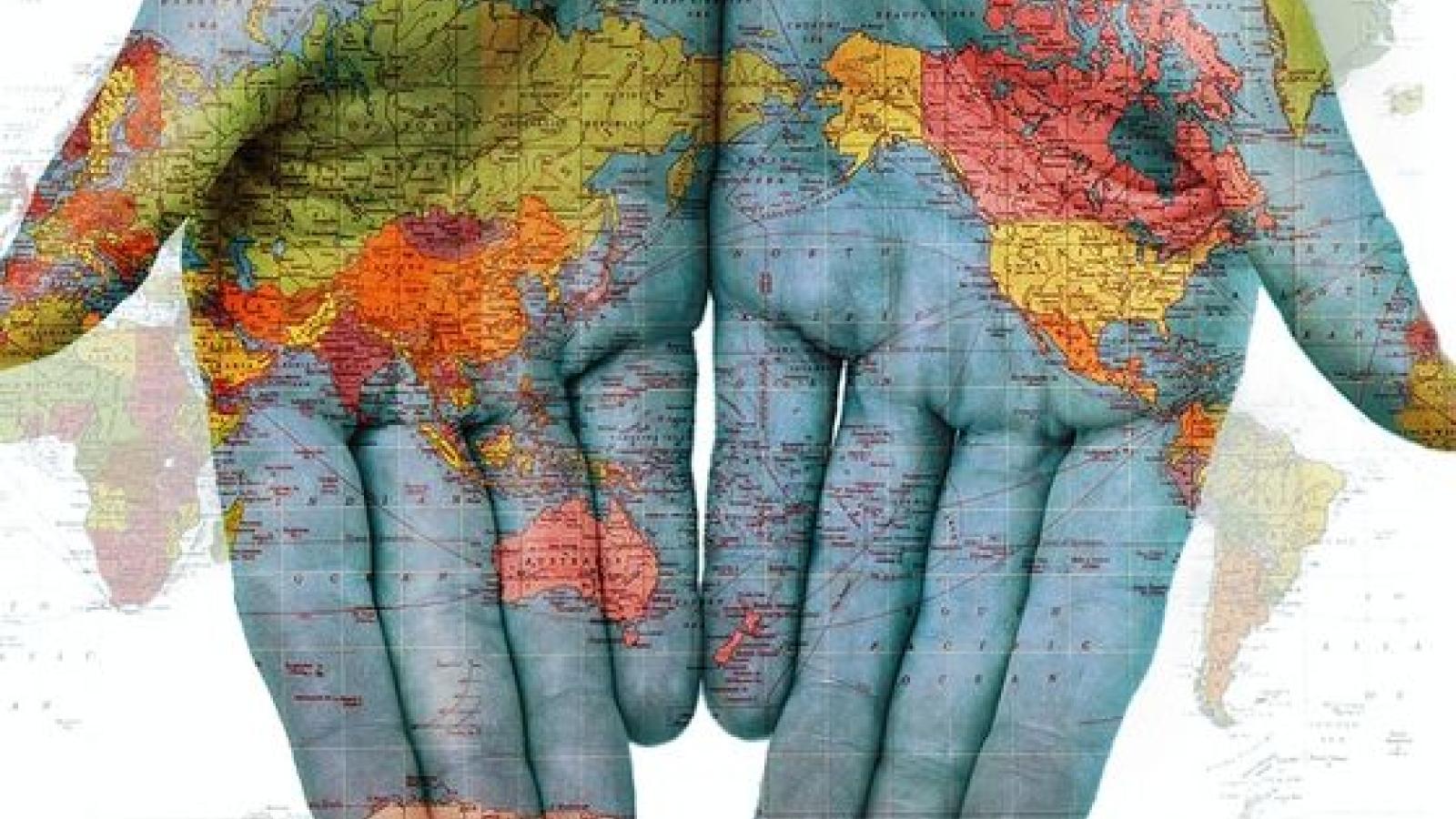Social and Environmental Geography
The Social and Environmental Geography major integrates social and environmental issues, preparing students to become global citizens working towards a socially just and sustainable future. Students in this major will tackle existential threats such as social inequality, climate change, globalization, dilemmas around public health, and tensions associated with difference regarding race, gender, class and sexuality. In short, the SEG major embraces and examines the connectedness of the world we inhabit.
The SEG major provides students with the opportunity to gain perspectives from the physical sciences, social sciences and humanities. This integrative approach offers our majors not only a depth of knowledge in their field, but also transferable skills that will serve them well in the ever-changing job market of today and the future. In addition, SEG majors have the opportunity to participate in undergraduate research and seek out internships to enhance their education and give them invaluable real world experience.
There is no minimum GPA, required prerequisites, or application required to declare the Social and Environmental Geography major.
Social and Environmental Curriculum
Undergraduate Curriculum
Courses in the SEG major explore and examine the following issues/topics:
Global challenges
- Deforestation
- Global climate change
- Pollution
- Ozone depletion
- Desertification
- Waste management
- Globalization
Law and policy issues
- Environmental management
- Social justice
- Conservation
- Socioeconomics
- Imbalances of power
- Territories and governance
- Immigration and law
Ecological systems (human-environmental impact)
- Environmental regulation
- Soil degradation
- Landform change
- Hydrology
- Plant distribution
- Climatology
- Land use and its social and environmental impacts
Techniques and Tools
- Ecological system management
- Emergency management
- Cartography and GIS
- Spatial analysis
- Remote sensing
Practical Skills:
Critical skills
- Critical thinking and reasoning
- Oral and written communication
- Research design, interpretation, and implementation
- Ability to integrate and analyze information from a range of sources
- Knowledge of moral and ethical issues
Technical skills
- Solid foundation in mathematics and the physical sciences
- Quantitative and qualitative data analysis
- Graphic communication (including map reading and geovisualization)
- Ability to develop graphical models and visually represent vast amounts of data
Careers:
Geographers find careers in many fields both within and outside the discipline of geography. Below is a partial listing of careers for which students within the Environment and Society specialization are well-suited and where previous graduates have found employment.
- Environment Analyst
- Policymaker/Planner: natural resources and environmental policy, transportation, energy, water, hazardous waste
- Manager/Planner for the U.S. Environmental Protection Agency
- Real estate developer
- Professional in firms specializing in forestry, mining, engineering, architecture, or surveying
- Flood Plain Manager
- Attorney: Environmental Law
- Natural Hazards Specialist
- Cultural Ecologist
- Water/Air Quality Specialist
- Environmental Monitor for state and federal health departments
- Urban research analyst
- Demographer

